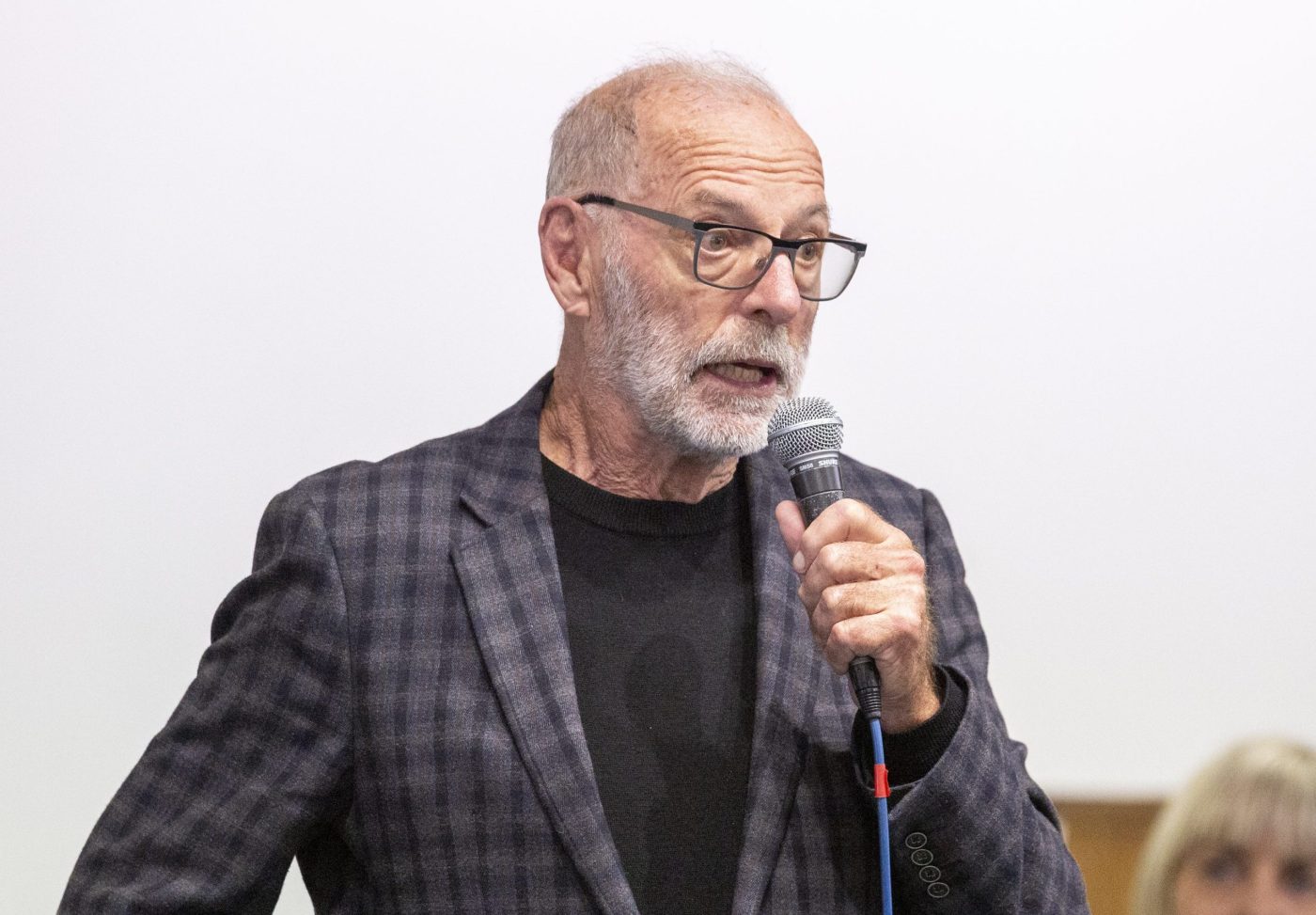
- By Laura Kvigstad, Auckland Council reporter funded by New Zealand on Air
A confidential letter from mayor Wayne Brown to Auckland Transport has ignited tension among Auckland councillors over the handling of CCO reforms.
At the Auckland Council’s Governing Body meeting on December 12, councillors voted in favour of structural changes for council-controlled organisations (CCO).
For Auckland Transport (AT), the Government announced it would proceed with legislation to enable strategy, policy and planning functions to return to the council.
The Government has indicated AT would be retained as a CCO focused on delivering transport projects and services at the discretion of the council.
The legislation will need to be drafted and go through a select committee process before it’s able to be implemented.
Since the legislation is yet to be drafted, councillor Alf Filipaina questioned why a letter was sent to the AT board without the councillors being told.
“‘Let me be very clear this work will be led by the Auckland Council parent’,” Filipaina said, reading out the confidential letter written by Brown.
“‘I expect Auckland Transport to cooperate with and follow the directions given by me, the Minister of Transport and the council’s chief executive’.”
Filipaina said there were concerning comments made within the letter.
“The governing body was not even mentioned in this particular letter, and I don’t recall receiving this.”
Councillor John Watson took issue with how the Governing Body had not been mentioned in the letter and suggested the mayor had jumped the gun.
“I’m assuming the mayor or anyone else is not running around giving directions to people in terms of the reform, especially as far as Auckland Transport goes when there’s no legislation that has been passed.
“That would be quite improper wouldn’t it,” Watson said.
Brown said the letter was purely in reference to the recent announcement.
“It was not suggesting that I was setting the policy,” Brown said.
The mayor’s chief of staff, Jazz Singh, said the letter had been sent to AT board members individually in order to have direct conversations and that they were “private and confidential”.
Councillor Maurice Williamson said the messages to and from the AT board had an expectation of privacy and confidentiality.
Watson responded that the letters had been inappropriate and suggested the reform needed to be handled with some sensitivity.
“It would be a real shame if there are communications going out to people as far as both this process goes and in regards to forthcoming legislation,” Watson said.









